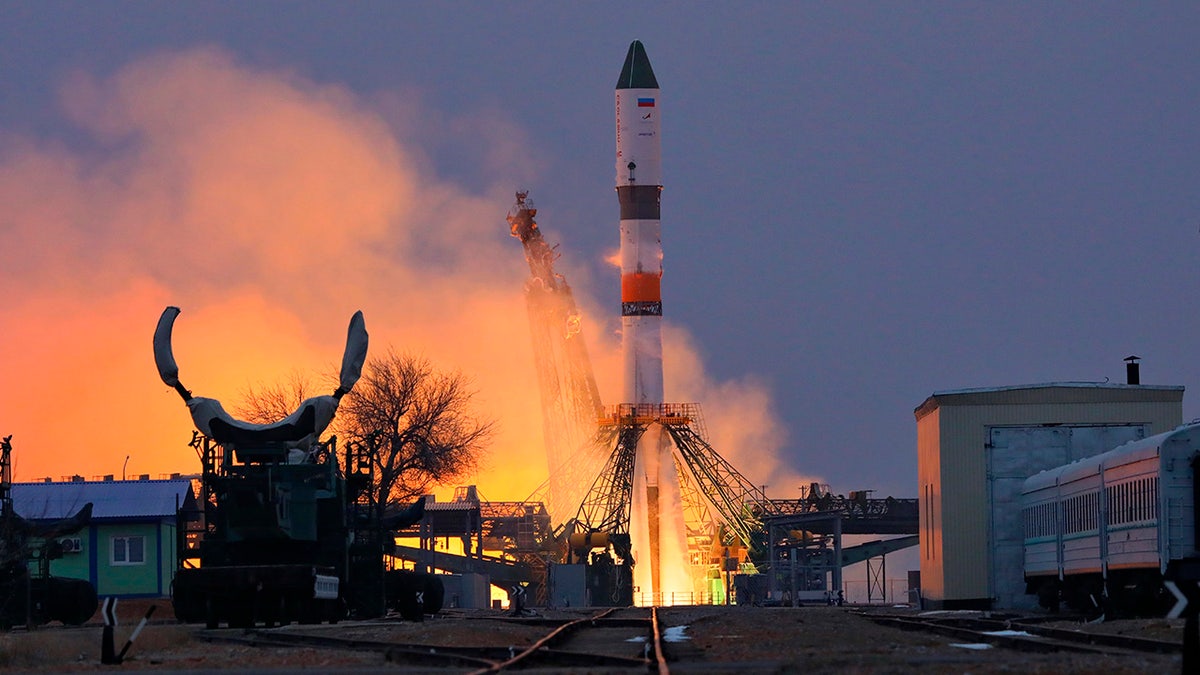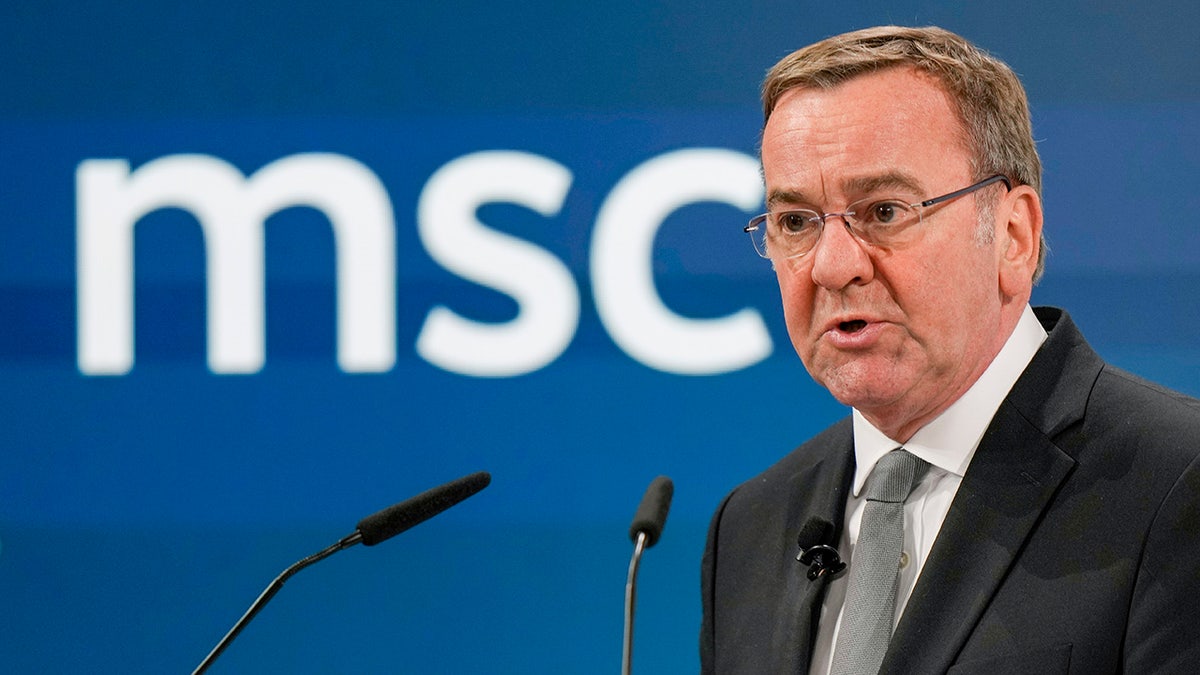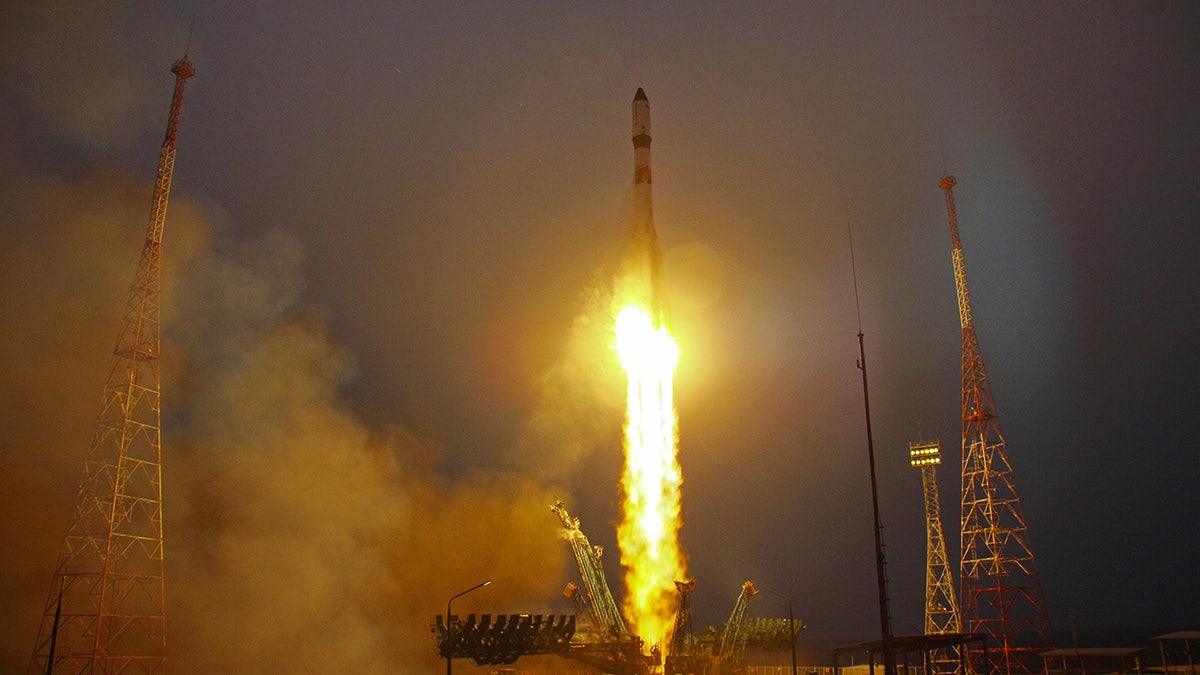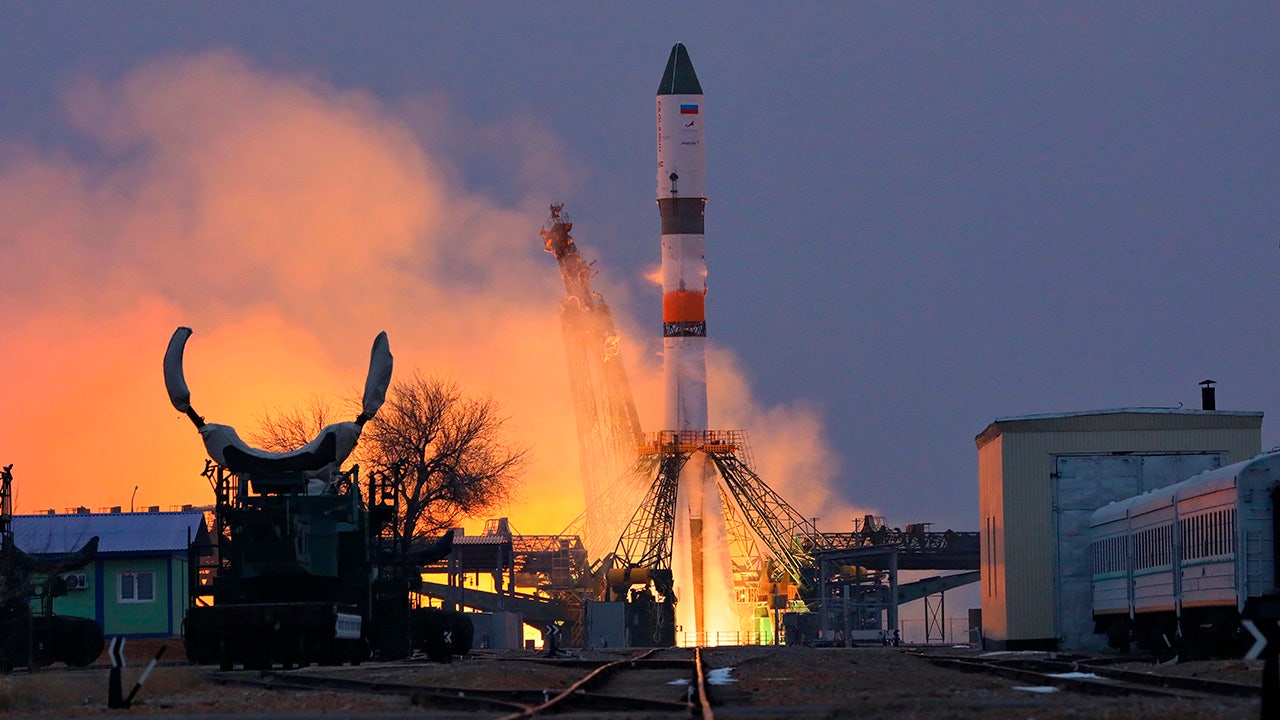The commander of German Space Command, Maj. Gen. Michael Traut, said a Russian nuclear weapon detonating in orbit could permanently destroy “global commons.”
Speaking at an event Friday night on the sidelines of the Munich Security Conference, Traut said he was left with “more questions than answers” regarding U.S. intelligence reportedly indicating that Russia is developing an anti-satellite weapon in space with a nuclear component. Traut spelled out the consequences of a worst-case scenario.
“If somebody dares to explode a nuclear weapon in high atmosphere or even space, this would be more or less the end of the usability of that global commons [of orbit],” Traut said, according to Politico, describing the devastating effects of an indiscriminate nuclear blast in space radiating out a satellite-frying electromagnetic pulse across low earth orbit.
“Nobody would survive an action like that – no satellite, either Chinese or Russian and American or European,” Traut added. “If somebody calculates rationally, nobody would employ such a weapon in space.”
US LAUNCHES MISSILE-DETECTING SATELLITES INTO ORBIT AS CONCERNS ABOUT RUSSIA IN SPACE GROW

The first Russian mission to the International Space Station in 2024 carried 2.5 tons of supplies to the outpost aboard the Progress MS-26 spacecraft launched on Thursday, Feb. 15, 2024. (Roscosmos State Space Corporation via AP)
Ludwig Möller, the director of the European Space Policy Institute, predicted an economic fallout of trillions of dollars in the banking and energy sectors if Russia were to successfully knock out commercial satellites. While China and India are also fast developing their space technologies, Russia has been conducting military aerospace deals with the sanctioned states of Iran and North Korea while the war continues in Ukraine, according to Politico.
Germany, France and the United Kingdom opened their prospective space commands over the past several years to build credible defense of government and commercial infrastructure in orbit. In signing the National Defense Authorization Act in law in December 2019, former President Trump created the U.S. Space Force, the first new armed service since 1947.
Despite the new U.S. intelligence about Russia developing some sort of anti-satellite nuclear weapon, White House adviser John Kirby denied there was an imminent threat.
WHITE HOUSE SAYS RUSSIAN TECH IS NOT SOMETHING USED TO ATTACK HUMANS OR CAUSE PHYSICAL DESTRUCTION ON EARTH

German Defense Minister Boris Pistorius speaks at the Munich Security Conference at the Bayerischer Hof Hotel, Saturday, Feb. 17, 2024. (AP Photo/Matthias Schrader)
“Though Russia’s pursuit of this particular capability is troubling, there is no immediate threat to anyone’s safety,” Kirby said Thursday. “We are not talking about a weapon that can be used to attack human beings or cause physical destruction here on Earth.”

In this photo released by Roscosmos State Space Corporation, Russian Soyuz 2.1a with the Progress MS-26 cargo spaceship blasted off at the Russian leased Baikonur cosmodrome in Baikonur, Kazakhstan, on Thursday, Feb. 15, 2024. (Roscosmos State Space Corporation via AP)
House Intelligence Committee Chair Rep. Mike Turner, R-Ohio, released a cryptic but alarming statement on Feb. 14, regarding information about the Russians’ activities, which he framed as a “serious national security threat,” and urged President Biden to declassify it.
Some sources suggested it was a nuclear weapon. Others suspect a weapon that is nuclear-powered but not a nuclear warhead.
CLICK HERE TO GET THE FOX NEWS APP
The White House confirmed the following day that the Russian system under development is a space-based anti-satellite weapon, and that if it were deployed it would violate the 1967 Outer Space Treaty, which bans weapons of mass destruction in space. The Kremlin responded by dismissing the reports as a “malicious fabrication.”
The Associated Press contributed to this report.






